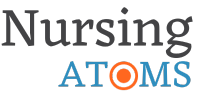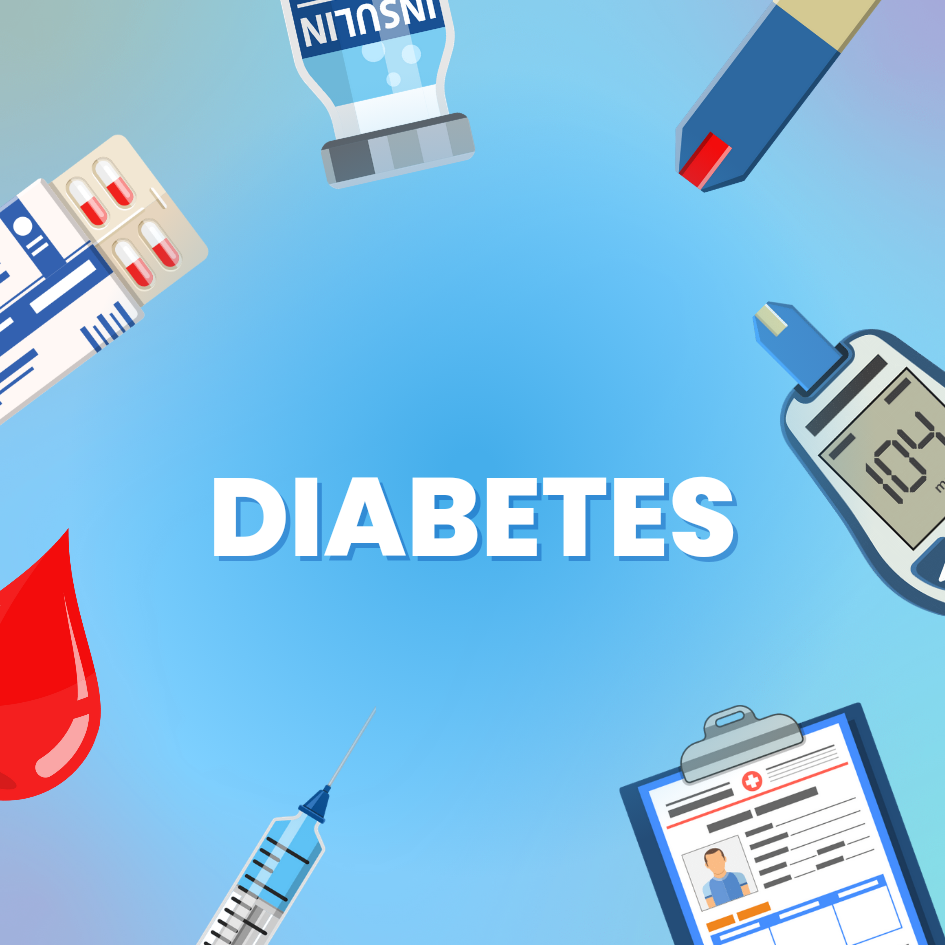Diabetes mellitus is a chronic metabolic disorder characterized by elevated blood glucose levels. While the most prevalent forms of diabetes are type 1 and type 2, there exists another type known as monogenic diabetes. This lesser-known type of diabetes results from genetic mutations inherited from one or both parents, leading to impaired insulin production or function. Understanding monogenic diabetes is crucial for healthcare professionals, particularly nurses, to provide effective care and support to individuals with this condition. This article explores the causes, diagnosis, and management strategies for monogenic diabetes.
What is Monogenic Diabetes?
Monogenic diabetes, also referred to as maturity-onset diabetes of the young (MODY), is a rare form of diabetes caused by mutations in a single gene. Unlike type 1 and type 2 diabetes, monogenic diabetes is typically diagnosed in younger individuals, often before the age of 25, and is characterized by autosomal dominant inheritance patterns. Mutations in certain genes disrupt the normal functioning of the pancreas, leading to impaired insulin secretion or reduced insulin sensitivity.
Types of Monogenic Diabetes:
There are several subtypes of monogenic diabetes, each associated with specific genetic mutations. The most common subtypes include:
- MODY 2 (Glucokinase Deficiency): This subtype accounts for approximately 30-70% of all MODY cases. It results from a mutation in the glucokinase gene, impairing glucose sensing and leading to mild chronic hyperglycemia.
- MODY 3 (Hepatocyte Nuclear Factor 1 Alpha Deficiency): MODY 3 is caused by mutations in the hepatocyte nuclear factor 1 alpha gene. It affects insulin secretion and leads to progressive beta-cell dysfunction.
- MODY 4 (Hepatocyte Nuclear Factor 1 Beta Deficiency): MODY 4 results from mutations in the hepatocyte nuclear factor 1 beta gene. It presents with renal cysts, as well as impaired insulin production.
- MODY 5 (Hepatocyte Nuclear Factor 1 Gamma Deficiency): MODY 5 is a rare form of monogenic diabetes caused by mutations in the hepatocyte nuclear factor 1 gamma gene. It is associated with pancreatic hypoplasia and renal dysfunction.
Diagnosis and Clinical Features:
Diagnosing monogenic diabetes requires a thorough clinical assessment and genetic testing. It is important to differentiate monogenic diabetes from other forms of diabetes to guide appropriate treatment and management strategies. Key clinical features that may suggest monogenic diabetes include:
- Young age of onset (typically before 25 years)
- Strong family history of diabetes across generations
- Absence of autoimmune markers (e.g., anti-islet cell antibodies)
- Lack of obesity or metabolic syndrome
- Stable or mild hyperglycemia without the need for insulin
Genetic testing can identify specific mutations associated with monogenic diabetes. This information helps tailor treatment plans and estimate the risk of diabetes-related complications.
Management and Treatment:
The management of monogenic diabetes primarily focuses on achieving and maintaining glycemic control. Treatment strategies may involve lifestyle modifications, oral hypoglycemic agents, and, in some cases, insulin therapy. As monogenic diabetes often affects individuals at a younger age, patient education becomes crucial to promote self-management skills and lifelong adherence to treatment plans.
Nurses play a vital role in the care of individuals with monogenic diabetes. They can provide support and education regarding dietary changes, exercise, blood glucose monitoring, medication adherence, and the recognition of symptoms indicating hypo- or hyperglycemia. Regular follow-ups and monitoring of blood glucose levels, HbA1c, and lipid profiles are essential to prevent complications associated with diabetes.
Conclusion:
Monogenic diabetes, though rare, is an important subtype of diabetes that results from genetic mutations. Understanding the genetic basis of this condition is crucial for healthcare professionals, particularly nurses, to accurately diagnose and manage patients with monogenic diabetes. By staying informed about the different subtypes and their associated genetic mutations, nurses can provide personalized care, education, and support to individuals and their families. Through effective management strategies, including lifestyle modifications and appropriate medications, nurses can empower patients with monogenic diabetes to lead fulfilling lives while maintaining optimal glycemic control and preventing complications. By continuing to advance our knowledge and research in the field of monogenic diabetes, we can improve patient outcomes and contribute to the overall understanding and management of diabetes mellitus as a whole.



